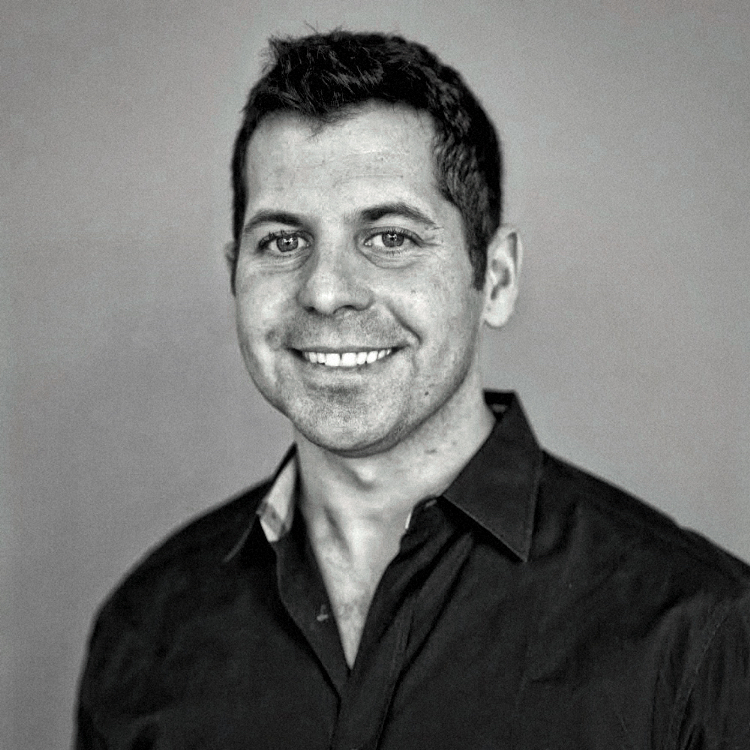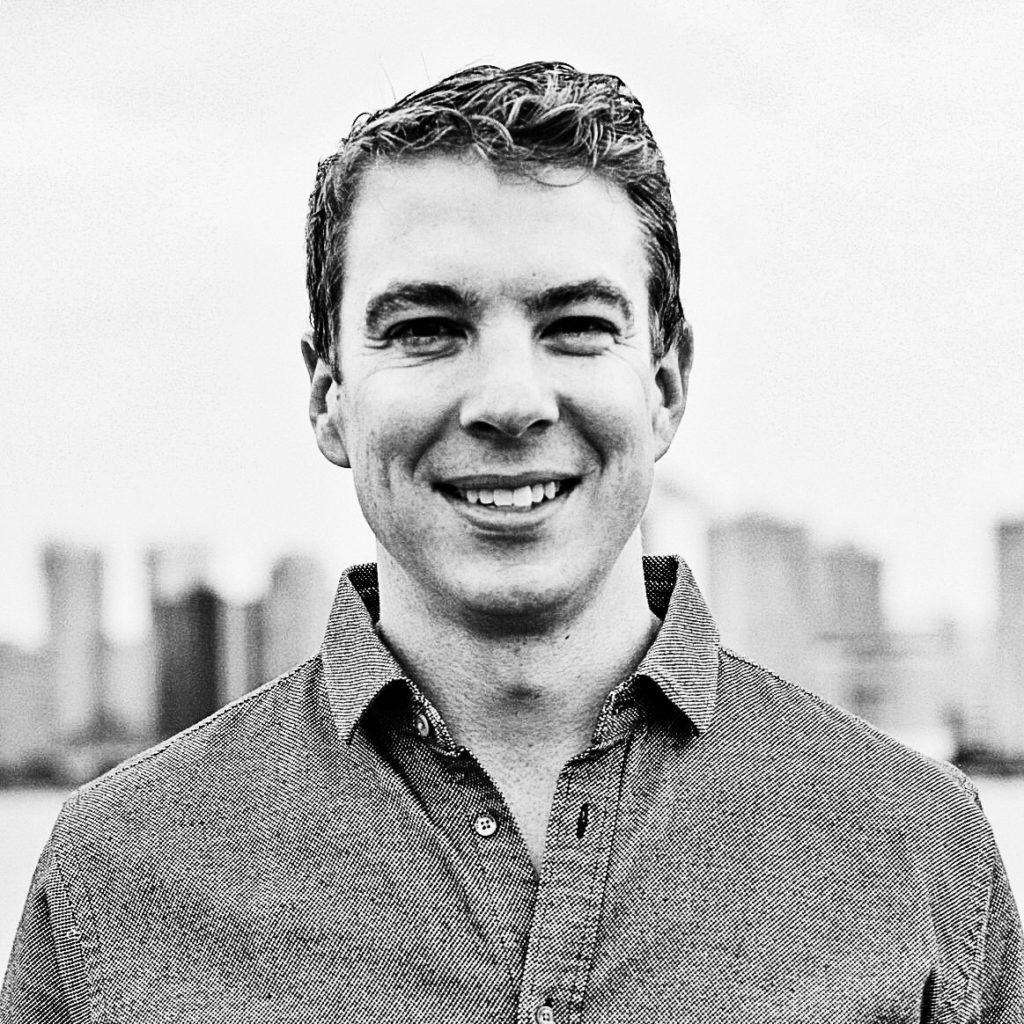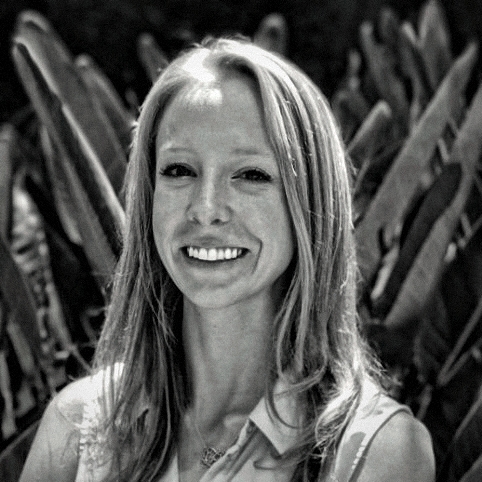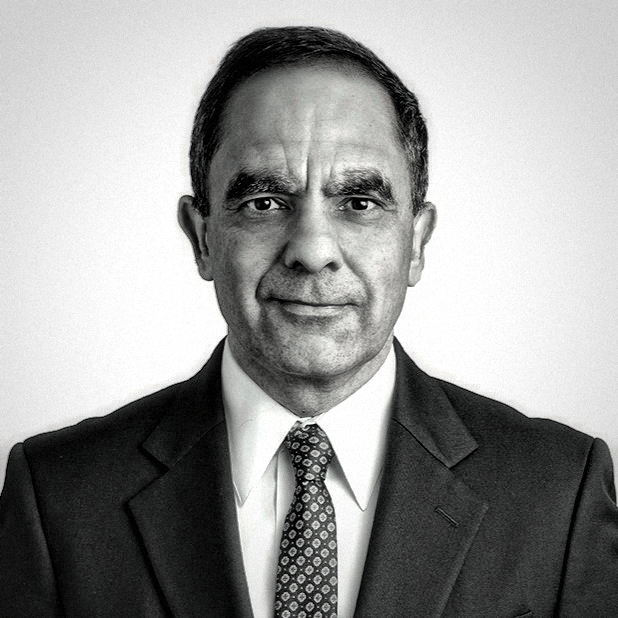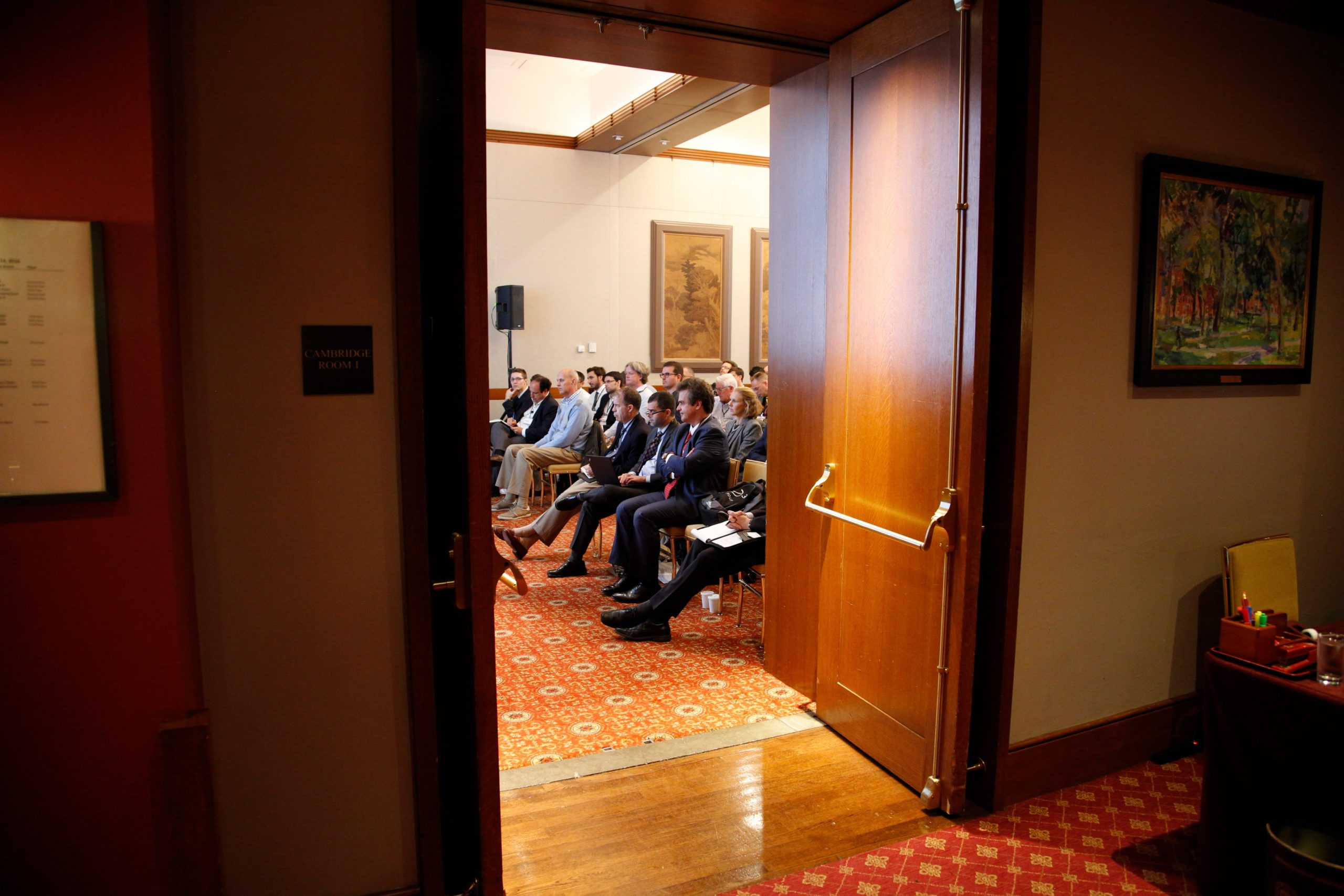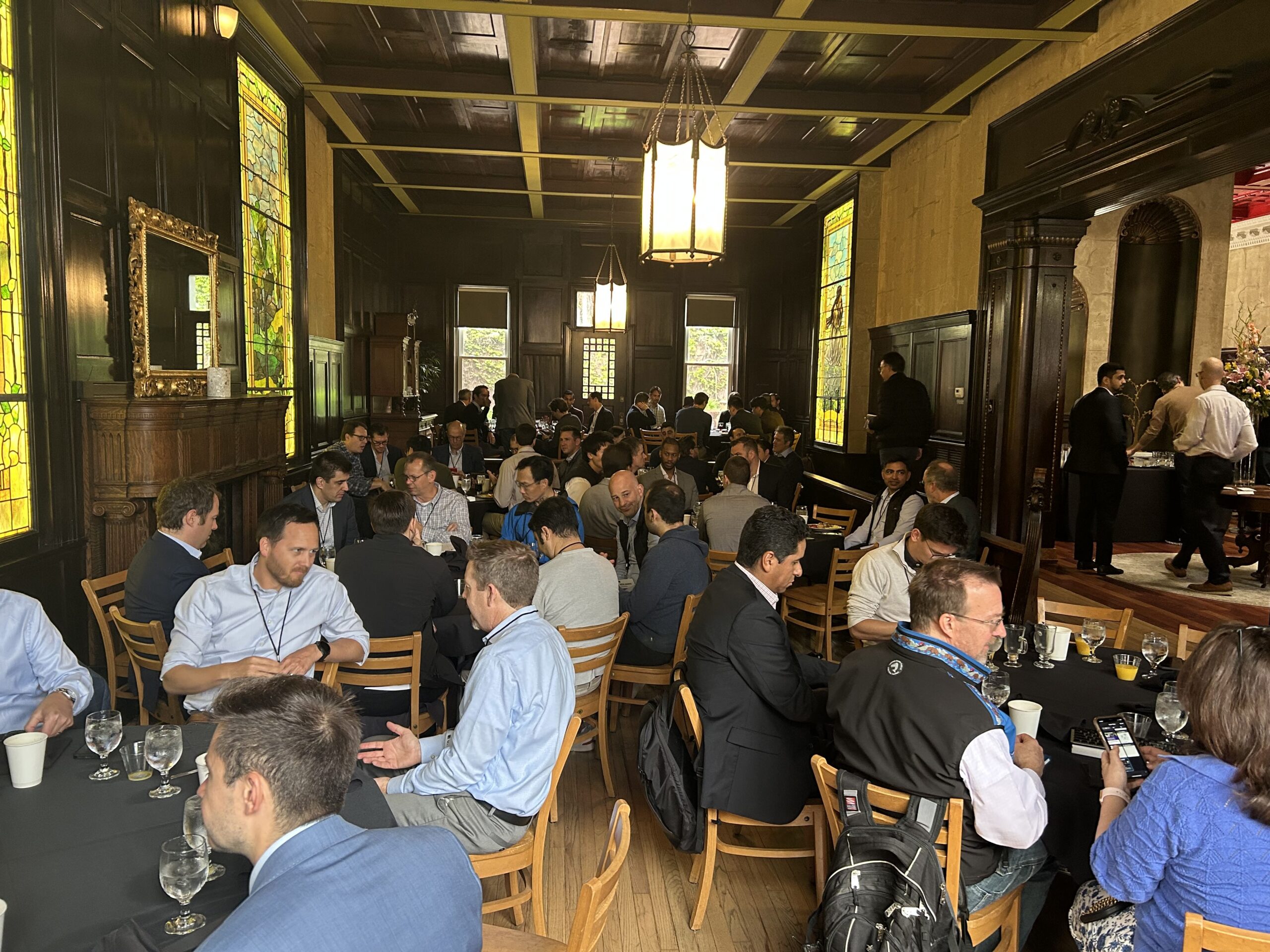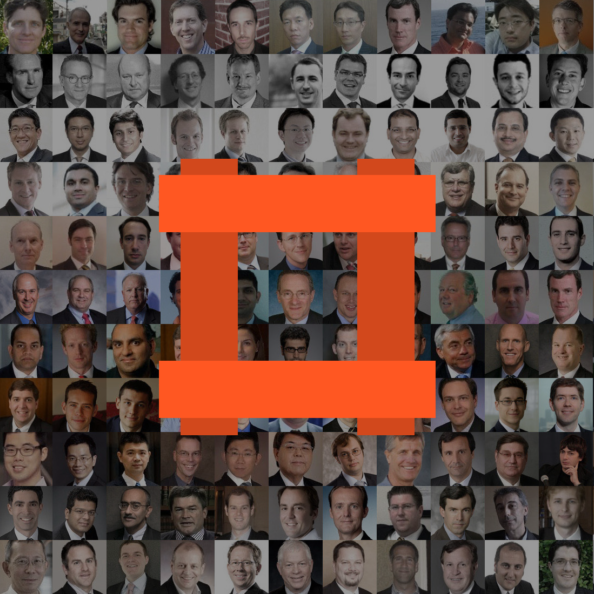We had the pleasure of interviewing Noah Snyder, founder of Snöboll Capital.
Few investors are as intensely focused on the compounding power of disciplined M&A as Noah Snyder, founder of Snöboll Capital. With a background spanning hedge funds, global small-cap investing, and the Columbia Business School Value Investing Program, Snyder has spent over 20,000 hours studying what he calls “programmatic acquirers” — companies that use repeatable, high-ROIC acquisition strategies as a core operating capability.
In this interview, Snyder shares his investment philosophy, why he focuses on overlooked regions like Sweden and the Nordics, and how programmatic acquirers differ from the often-misunderstood “serial acquirer” model. He also introduces lesser-known but high-potential companies such as Bergman & Beving and Chapters Group, and offers reflections on the enduring influence of Warren Buffett, Charlie Munger, and the power of proper capital allocation.
Ezra Crangle, MOI Global: Tell us about your professional background and how the idea to launch Snöboll Capital came about.
Noah Snyder: I’ve been obsessed with the stock market since I was a teenager, and from early in my career, my goal was to build a better mouse trap than what most other investment managers were doing. I started my career on the buyside at a family office just as they opened to outside capital. Then after finishing my MBA at Columbia Business School and partaking in its Value Investing Program, I joined a hedge fund just as it launched so I could gain the experience of building a fund from scratch. This hedge fund went on to be Barron’s Top 100 fund and grew to over US$1 billion in AUM. As the firm’s #2 investment professional, I helped develop and lead its mental-model-based research approach and I was named an Institutional Investor Hedge Fund Rising Star. Yet more than ten years ago a clear pattern emerged: my biggest winners were all “programmatic acquirers” or companies that compound capital by combining organic growth with highly disciplined acquisition playbooks where management had a lot of skin in the game.
This led to many winners like Constellation Software (CSU), TransDigm (TDG) and Danaher (DHR) and I saw how powerful this strategy was mostly in large U.S. listed companies. However, I believed that even higher risk-adjusted returns could be achieved by finding these companies earlier in their lifecycle in more inefficient markets. This inspired me to join a leading international small-cap team at a US$250 billion mutual fund, where I proved that the strategy worked even better outside the U.S., and especially in Sweden. After more than 20,000 hours of studying public programmatic acquirers globally, I became convinced this opportunity was too compelling to pass up and there was no other way to pursue it.
In 2023, I launched Snoboll Capital with a clear vision: to own a concentrated portfolio (~15 longs) of the world’s best programmatic acquirers globally. At Snoboll we apply our Snöboll Roll-Up Framework to find companies with long reinvestment runways, decentralized cultures, and aligned owner-operators who can acquire niche, high-quality businesses at attractive prices. These companies often improve the businesses they buy, enhance margins, accelerate growth, and reinvest the resulting cash flows back into more M&A creating a true “snowball” effect. This approach provides exposure to three engines of value creation: 1) organic growth; 2) acquisitions; and 3) valuation expansion. Since launch, our results have been rewarding, and we believe Snoboll is uniquely positioned to outperform as we’ve developed expertise in a niche part of the market that consistently outperforms.
MOI: There’s often confusion between “programmatic acquirers” and “serial acquirers.” What’s the difference between the two?
Snyder: We make a clear distinction between programmatic and so-called “serial” acquirers. The term “serial” carries negative connotations for good reason. These are companies that simply do many deals. They pursue one-off, haphazard deals, often relying on financial engineering with little discipline, integration, or repeatability. More often than not, they destroy returns on capital. Which is great because it scares many investors away from companies that grow through acquisitions altogether.
However, in contrast, “programmatic acquirers” treat M&A as a core competency. They pursue several small, bite-sized deals each year using repeatable playbooks and robust business systems. The best ones are what we call Advantaged Acquirers, buyers of choice even when they don’t offer the highest price, often because sellers prefer to stay on and keep building their businesses. In turn, their acquisition process is more akin to a high-quality manufacturing operation, with value creation embedded across every phase from deal sourcing to post-close optimization. For us, great capital allocation is the true north, and programmatic M&A is the best expression of it.
Programmatic acquirers are a rare breed of companies that build acquisitions into their DNA. They use disciplined playbooks and scalable business systems to consistently buy and improve companies, often at 5–7x EBITDA, and can sustain 15–20% ROICs. They are relentlessly focused on cash flow, returns on capital, and aligned incentives. As they grow, they become flywheels, spitting off increasing cash that fuels further M&A and they solve the two biggest challenges in compounding: reinvestment rate and reinvestment duration.
We recently partnered with a second-year MBA in Columbia’s Value Investing Program to conduct an Independent Study on the ~250 programmatic acquirers in Snoboll’s universe. The results reinforced what we believed: these companies consistently outperform, especially when identified early. Yet markets struggle to value their long-duration compounding as most growth stocks see fading growth and ROICs overtime. When done well, programmatic acquirers can maintain high ROICs and for long periods. They control their own destiny, are less macro dependent and benefit from a large public/private valuation arbitrage that can be exploited over and over again.
MOI: You describe your approach as “a global investor in great CEOs and acquisition-focused companies.” Could you walk us through your investment philosophy at Snöboll Capital?
Snyder: At Snoboll Capital, our investment strategy is built to create a “Lollapalooza” effect where multiple reinforcing pillars work together to drive outsized returns. We concentrate capital in our highest-conviction ideas rather than hugging benchmarks. We operate with a clear circle of competence: exceptional CEOs and programmatic acquirers. Our process is anchored in codified pattern recognition tools, aka “Frameworks” especially our Snöboll Roll-Up Framework, which allows us to identify high-quality companies early in the value creation journey. On top of this, we emphasize game selection or playing the games/markets that are easiest to win. We gravitate towards smaller companies with less institutional ownership at meaningful inflection points. Our edge is magnified outside of the US, where informational advantages are greater and investor competition is less pronounced.
The fund’s name is in Swedish which reflects our focus and expertise in Sweden, an overlooked market that serves as a hot bed for skilled programmatic acquirers. We complement our longs with shorts focused three specialized frameworks: 1) Competition Shorts; 2. Cyclical/Commodity Peaks; 3) and Spin-off Shorts. Together, our approach combines deep specialization, global breadth, and structural edge. Ultimately, we’re hunting for the next Danaher, Constellation Software, or Roper, elite companies led by exceptional managers that can be worth multiples of their current value and we continue to believe that we are witnessing a once-in-a-decade to find these companies on the cheap outside of the US.
MOI: Constellation Software is one of the best-known examples of a programmatic acquirer. Could you tell us about one or two lesser-known companies that you find particularly interesting?
Snyder: We prefer not to widely publicize our holdings, as Buffett says, “great ideas are both rare and subject to competitive appropriation,” but we’re happy to highlight two under-the-radar programmatic acquirers that embody Snoboll Capital’s strategy.
The first is Bergman & Beving (B&B), a ~US$1 billion market cap Swedish industrial group undergoing a powerful transformation. While it’s been called “the ancestor of stock market rockets” by Dagens Industri due to the massive success of its spin offs, B&B itself had stagnated. That was until 2021. when Magnus Söderlind, former Head of M&A at Lagercrantz, took over as CEO. He’s now executing the exact same playbook that underpinned Lagercrantz’s 2,000%+ return (30%+ CAGR) during his tenure. Since Magnus arrived B&B has been divesting its legacy low-margin distribution businesses and acquiring proprietary product companies with 15%+ EBITDA margins at just 6–7x EV/EBITDA. Despite negative organic growth from portfolio pruning and cyclical headwinds tied to construction end markets, EBITDA is up ~30% over the last two years and gross margins have expanded 700bps+. Moreover, incremental capital has generated ~20% returns, which should continue to bolster its ROIC, and in turn its valuation.
We believe B&B is still deeply misunderstood and undervalued, trading at a ~40% discount to its sister companies. But Söderlind is leveraging business systems like its “Tool Box” and its “Focus Formula,” to drive value creation at its decentralized subsidiaries. Its recent divestment of Skydda (~10% of revenues) removes most of the remaining legacy drag and management now targets ~8 high-margin acquisitions per year. We believe B&B can double EBIT in four years, resulting in much higher than expected earnings. With a robust pipeline, visible catalysts, and a proven operator at the helm, B&B is a quintessential Snoboll Capital investment entering the steep part of its compounding curve.
The second is Chapters Group (CHG GR), a ~US$1.1 billion German-based vertical-market-software (VMS) acquirer. Its quietly becoming one of Europe’s most promising compounders. Originally a defunct healthcare IT firm, it has been transformed under Jan-Hendrik Mohr, a Buffett disciple, and now full-time owner-operator. Its largest investors include Mitch Rales (Danaher’s founder), Sator Grove, MIT, and William Thorndike, an All-Stars team of capital allocators. Since 2019, when Chapters began its programmatic acquisition journey they’ve done ~50 acquisitions and it now generates more than €165 million in run-rate revenues and more than €40 million in EBITDA (~25% margins). However, it still trades in obscurity on the junior exchange in Germany. Mitch Rales has said publicly that he believes Chapters could be a 50–100x return and Rales has also said he thinks that they can build an even better version of Constellation Software, with more organic growth, and he is coaching its CEO Jan Mohr.
Chapters is institutionalizing its business system (“Manuscript Model”) modeled after DBS and building a structure that’s similar to Constellation Software’s platform. What makes Chapters truly special is that they have highly recurring, mission-critical revenue streams with strong pricing power and low capital needs. This means that most of its revenue growth can be converted to cash for deals and macro conditions should have little impact to earnings. Also, ROIC per share is their main KPI which creates a cash flow–obsessed culture. Recent additions like COO Marc Mauer, who led one of CSU’s platforms, further put odds in our favor. This year organic growth is expected to inflect towards mid-teens. Over time, we expect Chapters to scale to 15–20 platforms and for EBITDA margins to reach >35%. Despite its strong recent performance, Chapters is still early in its journey.
Both companies reflect what we specialize in at Snoboll: programmatic acquirers that have compounding flywheels of value creation. In both cases, time is our friend as higher earning power should be rewarded with higher valuations.
MOI: I understand that your investment philosophy has been strongly influenced by Warren Buffett and Charlie Munger. What key lessons have you learned from them, both in investing, business, and life?
Snyder: Snoboll Capital was named after Warren Buffett’s famous metaphor for compounding: “It was like rolling a snowball down a hill, what started as a small handful eventually grew bigger and bigger.” Our mission is to generate wealth that like a Snöboll (“snowball” in Swedish), compounds as it grows.
Berkshire Hathaway may be the best programmatic acquirers of all time. Their influence shows in our preference for decentralized companies with systems that scale, leaders who think like owners, and cultures which ensure a strong focus on returns on capital. But it’s Munger’s thinking which underpins more of Snoboll’s philosophy. His emphasis on simplicity, the power of incentives, and usage of mental models are all key tenets of our strategy. Moreover, we focus on a deceptively simple but powerful idea: programmatic acquirers. As Munger said, “Take a simple idea and take it seriously.” We’ve done exactly that.
MOI: In addition to investing in the United States, you also focus on Sweden, the Nordic markets, the United Kingdom, and Australia. Why did you choose to concentrate on these regions instead of, for example, Asia or continental Europe?
Snyder: We invest in what we deem to be the 10-15 best risk/reward wherever they are in the developed world. While most funds remain U.S. —centric, ~95% of our longs are currently invested internationally, primarily in Sweden, the Nordics, the UK, and Australia. There are markets that have the best performing stocks and long histories of programmatic acquirers which have generated significant alpha. Also, these markets have strong rule-of-law and corporate governance. In these markets we find underfollowed, high-quality small/mid-sized compounders at much lower valuations.
Currently, the valuation gap between U.S. and international equities is near a 50-year high and there is extreme crowding as U.S. equities make up ~70% of global market cap, levels last seen in the late 1960s. This was followed by two decades of U.S. underperformance. While history doesn’t repeat perfectly, this context is helpful. A potential turning point is the end of Europe’s austerity as Germany recently unveiled its €1 trillion “bazooka” and Trump is providing global investors reasons to look elsewhere.
Sweden stands out as it is where we have the most differentiated edge. At one time I was probably the largest US investor in the Swedish stock market. It’s also the market with the highest concentration of programmatic acquirers in the world. Yet many Swedish stocks trade at discounted valuations mainly due to structurally lower levels of liquidity. This illiquidity discount allows Snoboll to buy better quality companies at cheaper valuations, before they are large and liquid enough for larger institutions, like the one we once worked for, can buy the stock.
Over the years, we’ve built deep credibility in Sweden. In Q1 2025, Snoboll Capital was one of the few U.S. funds invited as a Cornerstone investor in Röko Group’s IPO, Sweden’s most anticipated listing in years. Our specialization gives us access that even larger firms can’t replicate. We avoid Southern Europe and emerging markets, where M&A often reflects empire-building, governance is weaker, and few companies have excelled at acquisitions.
MOI: When it comes to companies that grow through acquisitions, the CEO’s leadership is critical. What skills do you believe are essential for a CEO leading this type of company?
Snyder: At Snoboll Capital, we look for a very specific type of CEO. We gravitate towards those who build enduring institutions and strong cultures, not just earnings per share. These CEOs are often operators first, and capital allocators second. They have meaningful amounts invested alongside shareholders and they have a maniacal 24/7 focus on value creation. They’re disciplined, long-term, and rather than simply chasing growth, they obsess over return on capital and cash flows which are the lifeblood of programmatic acquirers.
They institutionalize excellence and focus intensely of employee development, decentralization, and heavily aligned incentives. They build business systems, proprietary playbooks and focus on continuous improvement rather than long term guidance. These companies create loyal, empowered employees, which enables organizations to scale while preserving culture and performance.
Finally, the best ones are humble and honest, rarely flashy or promotional. The best leaders know that culture isn’t just a byproduct. it’s a strategic asset that enables them to generate higher returns. Above all they “get it” and know how to get the Snoboll rolling.
MOI: What advice would you give to our community of investors who are always striving to “be a little wiser every day”?
Snyder: Be a generalist at the start of your career, if possible. Consider each investment part of your continuous improvement. Journal about what you learned from your mistakes. Also, I believe investors should focus WAY more on slugging percentage, not just batting average. Knowing what to own isn’t enough, you need to use position sizing to your advantage. Just like a blackjack player who is counting cards… bet big when you have a great opportunity. Position sizing is the key driver for both returns and risk management in our portfolio. Lastly, stay balanced, you’re never as smart, or as dumb, as you think you are.


